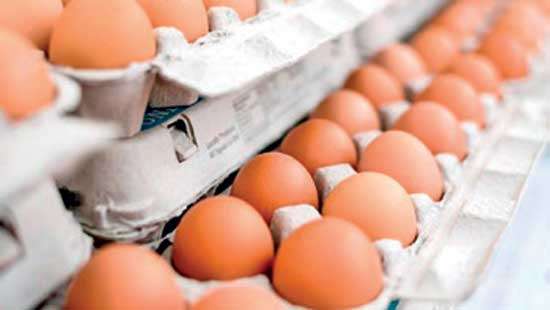The Sri Lankan poultry industry expects a 20% drop in production this year as high feed costs hit farms. Ussec Sri Lankan Consultant Athula Mahagamage said the layer industry is feeling the most impact, with many farms shutting.
The chicken meat production has collapsed 30 percent and egg output 40 percent as a currency collapse pushed up costs feed imports were blocked by foreign exchange shortages, an industry official said.
Prices of chicken and eggs have risen in Sri Lanka due to a surplus demand in the market and further price hikes are expected due to a shortage in animal feed, the All Island Poultry Industry Association said.
Ajith Gunasekera, the associationpresident said that the price of an egg has increased to around 62-70 rupees and the price of a one kilogram of frozen chicken has increased to around 1,700 rupees
Gunasekara attributed the price hike to a dearth of animal feed that has made it difficult for the poultry industry to maintain animal stocks in farms, mainly in the SME sector.
“Small and medium farmers are leaving the business due to feed shortages and because big poultry companies are stopping buy back schemes,” he said .
Broiler meat output has fallen 30 percent to 12,000 metric tonnes a month from 18,000 metric and prices have shot up, he said.
As Sri Lanka needs 40 million US dollars a month to import animal products, the country should focus on local production of substitutes to minimise the cost and secure a continuous supply, the All Island Poultry Association said.
Association President Ajith Gunasekera said that with egg and chicken suppliers leaving the market due to lack of animal feed, Sri Lanka is facing issues in supplying eggs and chicken to the local market and the tourism sector which is expected to boom from the third quarter of 2022.
Before the contraction, the poultry industry was able to produce 216,000 MT of chicken and 26.5 billion MT of eggs a year.
However, with the fertilizer ban in 2021 resulting in a drop in crops, the production of maize, an essential raw material for animal feed, dropped.
With the forex issue emerging in March 2022 followed by the Central Bank of Sri Lanka (CBSL) floating the rupee, Sri Lanka put heavy restrictions on imports, resulting in the industry being unable to import animal feed, supplements and medicine.
As a result, local production dropped significantly, resulting in a rapid increase in prices due to high demand.
Gunesekara said the industry is concerned about meeting a possible rise in demand in the coming weeks with more restaurants and hotels mainly in urban areas restarting their business with the anticipated increase in tourist arrivals.
